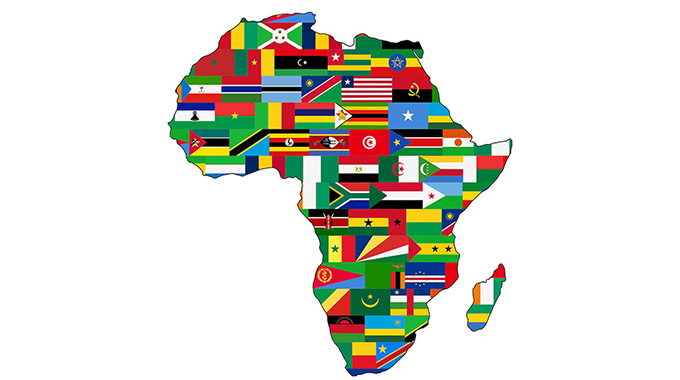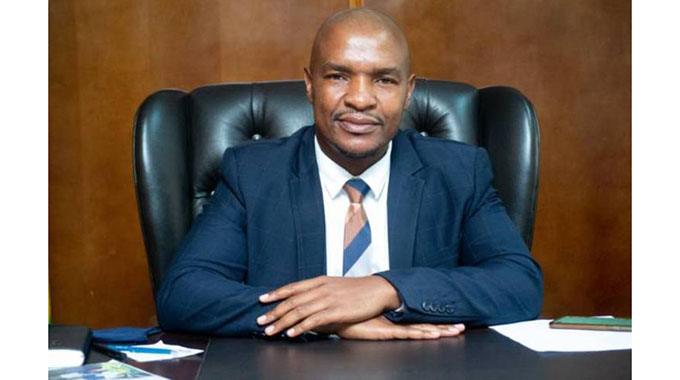A day to celebrate African unity

Walter Muchinguri
Senior Researcher & Writer, Zimpapers Knowledge Centre
ZIMBABWEANS will next Tuesday May 25, join the rest of the continent in marking a very important occasion in our history — Africa Day.
The day is set aside to celebrate the founding of the continental body — the Organisation of African Unity (OAU), now the African Union on May 25, 1963, and reflect on its achievements and future endeavours.
This year is important because the continental body, which will turn 58 on Tuesday, is only two years away from celebrating its Diamond Jubilee.
The celebrations are being held at a time when the continent and the world continues to grapple with the Covid-19 pandemic that has led to intermittent partial or total lockdowns being implemented by many countries across the world close to more than a year, and the adoption of preventative measures such as the compulsory wearing of face masks, practicing social distancing and banning of mass gatherings.
This has ushered in a new normal of doing things, where most events are being held virtually, which appears will be the case on Tuesday locally and across the continent.
There is also renewed concern on the continent after indications that the deadly Covid-19 variant — B.1. 617 — which was first detected in India has reached the continent’s shores, which triggering fears of a third wave.
Vice President and Minister of Health and Child Care Dr Constantino Chiwenga on Wednesday confirmed the presence of the deadly variant in the country after the conclusion of genomic sequencing tests.
In this regard the Africa Union contends that the continent needs to escalate its response to the disease.
“The pandemic has provided an opportunity to re-examine the continent’s socio-economic priorities, including the role of cultural workers, towards contributing to building stronger and more resilient health and social sectors, promoting equality, inclusion, social cohesion and African Renaissance, as inspired by the Ubuntu Philosophy ‘I AM because you are; You are because I Am,” reads a statement on the AU website.
In line with this, the AU decided to focus this year’s theme on the cultural and creative industries. This year’s theme is “The AU Year of the Arts, Culture and Heritage: Levers for Building the Africa We Want”.
The AU said the theme recognises the importance of cultural and creative industries in achieving Agenda 2063’s objectives of regional integration, inclusive and sustainable economic growth and development. The continental body contends that the theme is a declaration at a continental level for Member States to invest more resources in promoting national and regional cohesion by investing in African culture and heritage as a vehicle for promoting and achieving the national economic and social development goals outlined in Africa’s Agenda 2063.
It is also an appreciation of the key role played by the creative and cultural industries in Africa in contributing their energies towards the prevention and combating of the spread of Covid-19. Furthermore, the increased use of technology has created new spaces for the sector to thrive on, by using digital platforms to promote their goods and services.
Although the commemorations will be subdued due to the need to observe Covid-19 protocols, Africans will have something to cheer about due to some of the achievements made by the AU over the past year.
For instance, the continental body has managed to mobilise one billion Covid-19 vaccines and is making concerted efforts to secure enough Covid-19 vaccines to achieve continental herd immunity by 2022.
The AU has already set up the African Vaccine Acquisition Task Team (AVATT), a group of 10 individuals from across the continent, to spearhead the initiative.
The AU also managed to mobilise some prominent Africans to act as special negotiators and engage international financial contributors and institutions to discuss financial support and debt relief on Africa’s behalf.
This has since benefited countries such as Côte d’Ivoire, Ghana and Kenya. The initiative has also enabled the continent to mobilise more resources to fight the pandemic and to finance future economic recovery.
The African Union also established the African Medical Supplies Platform, as well as a continental Covid-19 response fund to help ensure that all African countries can respond immediately to the pandemic without having to wait for international assistance.
On the economic front, the AU finally managed to launch the African Continental Free Trade Area (AfCTFA) after over two years of preparations.
The establishment of the AfCTFA is expected to create the largest free trade area in the world connecting 1,3 billion people. It is also expected to help 30 million people out of extreme poverty.
The AU is actively involved in negotiations around the Grand Ethiopian Renaissance Dam in order to achieve a ceasefire in Libya and promote peace in South Sudan.
African leaders also pledged their commitment to a 10-year continental declaration called the Decade of Women’s Financial and Economic Inclusion that seeks to ensure gender equality and women’s empowerment.








Comments